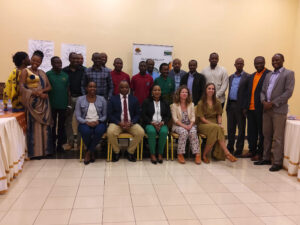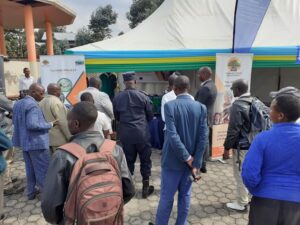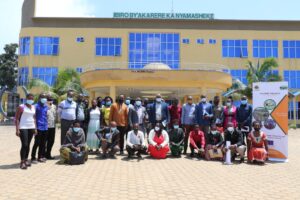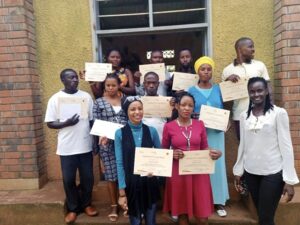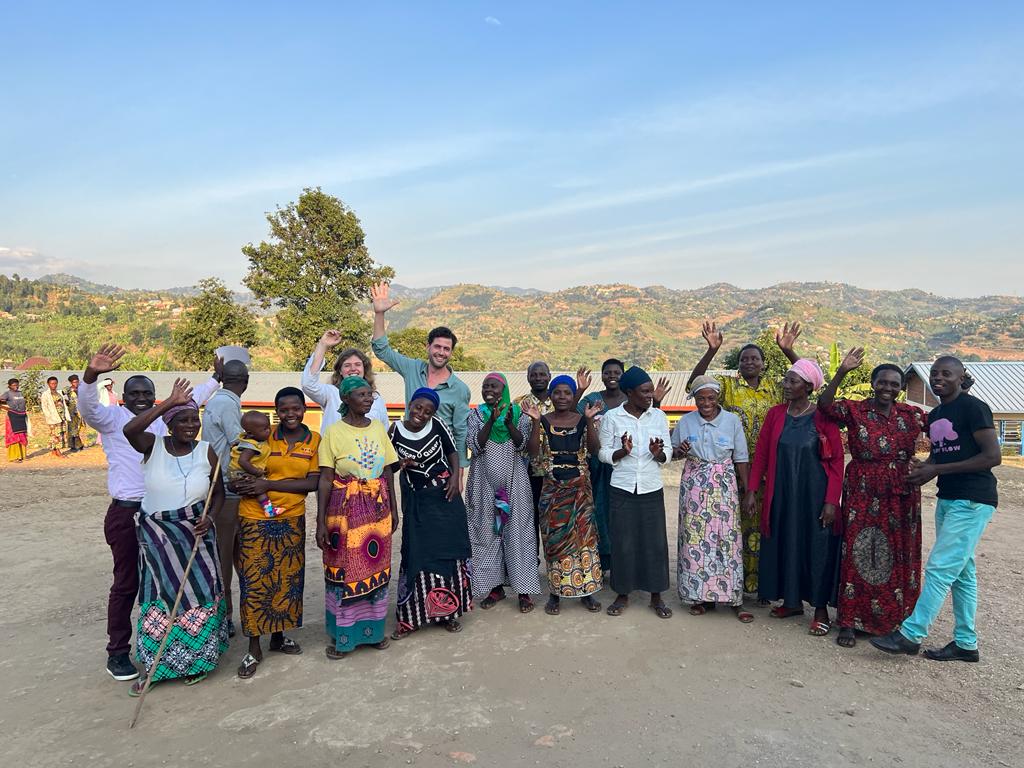
By Felibien Hirwa Tuzayisenga
A delegation of the standing committee of Foreign Trade and Development Cooperation of the Dutch House of Representatives visited Rwanda to learn about the Rwanda – Netherlands bilateral relationship. The visit focused on themes related to food security, the Rwandan civil society and the legacies of the 1994 genocide, all in the context of transitioning from “aid to trade”.
Accompanied by His Excellency Matthijs Wolters, the ambassador of the Kingdom of the Netherlands to Rwanda, the delegation went to Rubavu district to visit the activities of Community Based Sociotherapy (Mvura Nkuvure). They visited sociotherapy groups consisting of youth, genocide survivors and genocide perpetrators, conducted a focus group with sociotherapists and witnessed how former sociotherapy groups started their own socio-economic initiatives.
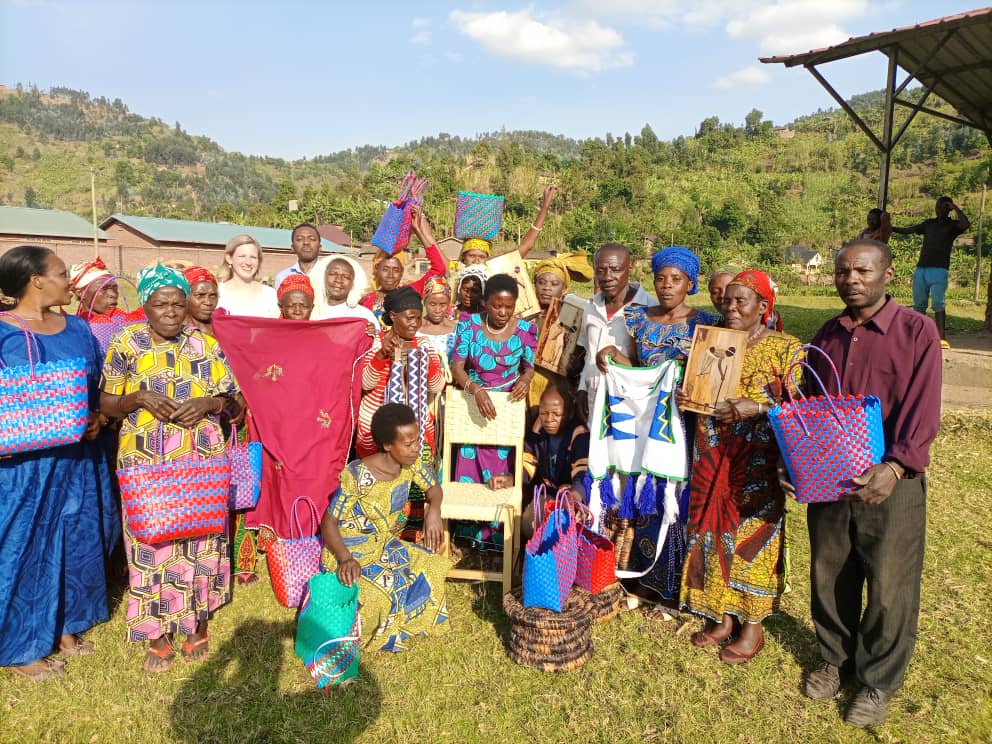
Jean Pierre Naramabuye was a member of one of the groups that was visited. He expressed the role that Mvura Nkuvure played in his life. Naramabuye had wrongly accused someone of looting his property during the 1994 genocide. The accused person had offered her land to Naramabuye as a way to pay the property, and ended up in severe poverty. After attending Mvura Nkuvure, Naramabuye recognized the consequences of what he had done and decided to give back the land. Naramabuye told the visitors that the visit is a good gesture because it helps them to feel that they are supported. He concluded thanking the visitors, indicating that though during the genocide they lost families, being visited shows that they still have people who care for them, with whom they can share their stories.
Eva Meijers, clerk of the delegation, said that she was touched by what she eye witnessed: the way the sociotherapy graduates have made tremendous steps towards reconciliation, after a very traumatic past.
“I am amazed by your strength after all of that you went through. Even if healing is a journey, I can see by your smiles and the stories you shared that you have made an significant step towards recovery from the past. My wish for you is to maintain what you have achieved and strive to achieve development for you and your families.”
Meijers visited a group of sociotherapy graduates who started socioeconomic activities after concluding Mvura Nkuvure. The group is composed of ex-prisoners and genocide survivors, and they produce traditional handicraft materials and sell them.
According to Lucie Nzaramba, the Executive Director of Community Based Sociotherapy, the visit was a symbolic milestone in the implementation of Mvura Nkuvure. A visit reveals what Mvura Nkuvure participants gain from attending the weekly sociotherapy sessions. “Usually stakeholders are communicated through reports, and other communications related to the project implementation which are online and accessible by the public. But a field visit gives more details than reading because it allows a visitor to interact directly with the history-maker”, Nzaramba said.
She thanked the Embassy for having initiated the visit to the sociotherapy groups in Rubavu district. She also expressed her appreciation vis-à-vis the willingness of the delegation that made miles and miles and spent several hours meeting and listening to Mvura Nkuvure participants.
At the last day of their visit, the Embassy of the Kingdom of the Netherlands in Kigali expressed its gratitude for welcoming the delegation, indicating that the visit was an important opportunity to further deepen the relations between Rwanda and the Netherlands.

